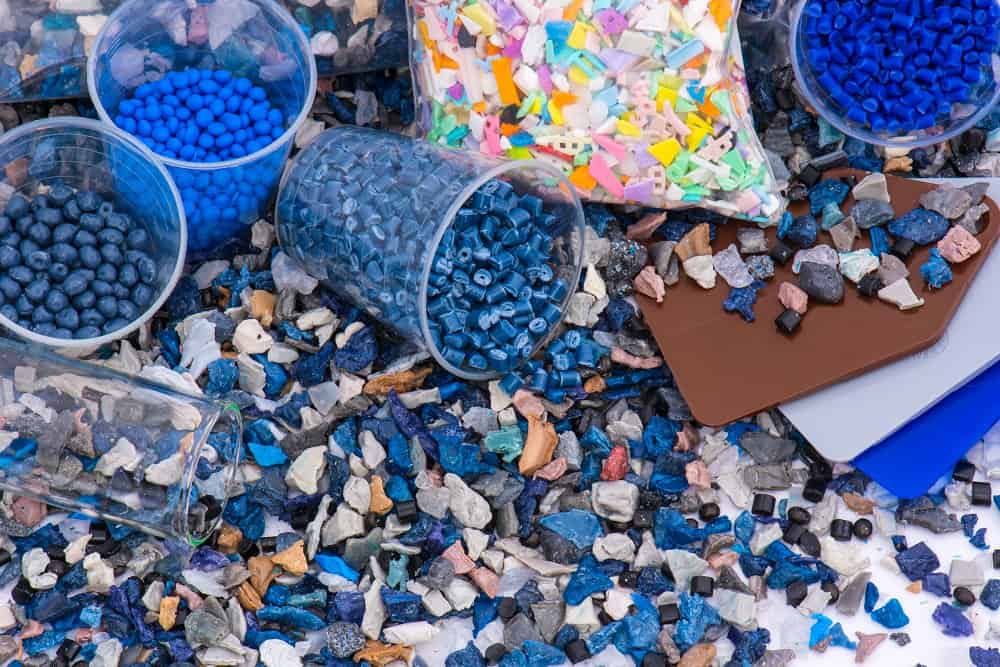Reusing After Recycling Industrial Plastics

When it comes to manufacturing, few things are as important as controlling costs. You have to find ways to save the most money possible throughout the manufacturing process, especially when it comes to materials. Some materials — such as advanced resins — can be expensive, so it’s important that you take the necessary steps to get the most value out of them that you can. Increasingly, companies are finding they can save money by using recycled plastic (known as regrind) instead of virgin material whenever applicable. Here are some things you should know about recycling industrial plastic scrap in TN.
Benefits of Regrind
Plastic recycling in TN is highly beneficial both to the company selling their industrial scrap plastic and the one that relies on the resulting regrind for their manufacturing. Both companies want to optimize the usage of their materials, and there’s no better way to do that than by recycling. A manufacturer that relies on injection molding will always have leftover plastic. If it’s not utilized, it will simply be wasted by being thrown into a landfill. Not only is this economically unsound, but it’s destructive to the environment. By selling the scrap to a plastic recycler in TN, the manufacturer can save money on their materials while the excess plastic is put to good use.
How to Use Recycled Plastic
Regrind is not virgin plastic, so there are some limits on how it can be used. Some critical applications are not suitable for the use of regrind because the recycling process introduces some slight variability that makes minute precision difficult. For other applications, most manufacturers believe that a mix of 70% virgin plastic and 30% regrind will save money on production without compromising the integrity of the resulting material. Since regrind will never have exactly the same characteristics as virgin plastic, the percentage that’s permissible will ultimately depend on the specifications required for the final product. Other factors that will determine how regrind is incorporated in manufacturing include:
- The type of resin
- How the plastic was initially processed
- The size of the regrind granules
- The presence of any contamination, such as water, dust, dirt, etc.
Degradation
Most degradation is unavoidable and won’t have any negative impact if the regrind is kept to 30% or less of the mix. Heat is the leading cause of degradation, so it’s important that too much heat isn’t applied during the manufacturing process, or the products that are the result of the regrind melt could fail in the field. Similarly, the heat history of regrind needs to be taken into account, so that product quality is not negatively impacted.
Avoiding Contamination
As with virgin plastics, regrind needs to be as clean as possible in order to perform properly. The presence of outside contamination, such as dust, dirt, and oil from human skin, will compromise the structural integrity of the final product. It’s especially important to avoid moisture, the presence of which can cause the regrind’s properties to alter during the injection molding process.
In order to get the most benefits out of recycled plastic, you need a reliable partner. At Seraphim Plastics, we specialize in processing commercial plastic scrap in TN to produce a high-quality resin for your manufacturing needs. Whether you want to buy plastic or sell your plastic waste, call us today at (888) 423-1927.